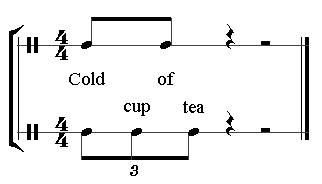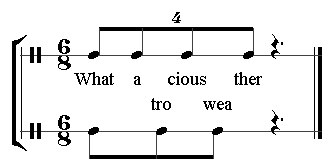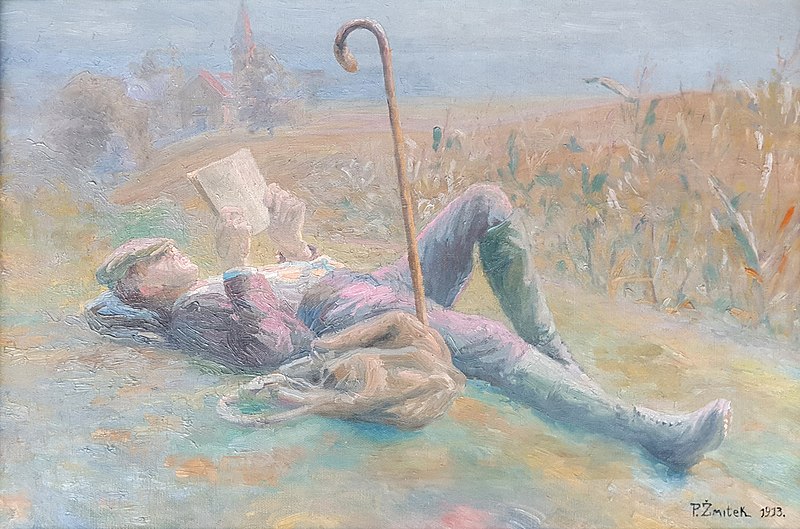“Conjugated nouns,” offered by Ohio State University linguist Arnold M. Zwicky in Verbatim in 1975:
I steal the keel. I stole the coal. I have stolen the colon.
They choose the hues. They chose the hose. They have chosen the hosen.
They mow the banks of the row. They mowed the banks of the road. They have mown the banks of the Rhone.
I do it with the buoys. I did it with the biddies. I have done it with the bunnies.
Mike Anglin took this up in Word Ways in 1988:
I tear the hair; I tore the whore; I have torn the horn.
I see the sea; I saw the saw; I have seen the scene.
I draw the law; I drew the loo; I have drawn the lawn.
I throw the bow; I threw the boo; I have thrown the bone.
I sink the mink; I sank the manque; I have sunk the monk.
I choose the booze; I chose the bows; I have chosen the bosun.
I weave the leaves; I wove the loaves; I have woven the love-ins.
I forsake the cake; I forsook the cook; I have forsaken the whole mess.
Philip M. Cohen added, “I scare for the mare; I score for the more; I have scorn for the morn.”




